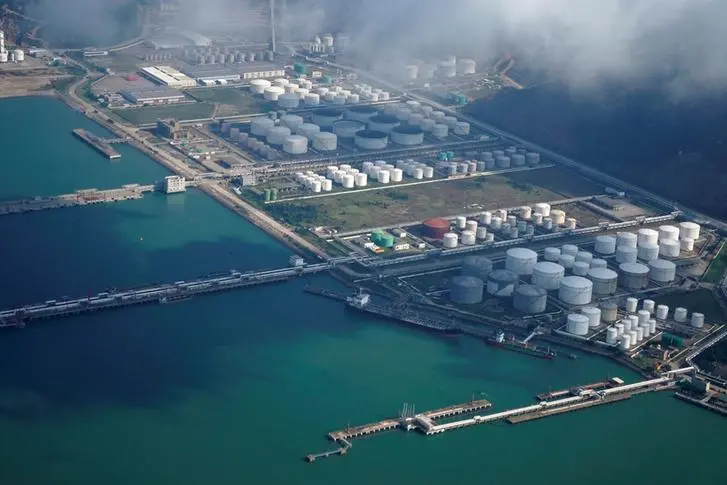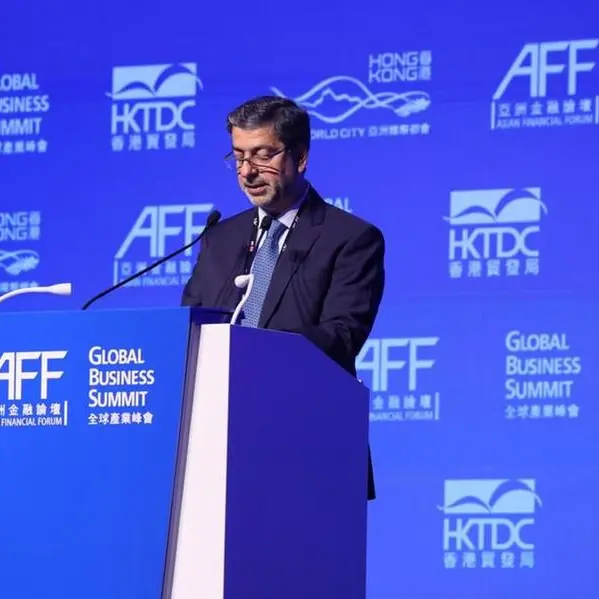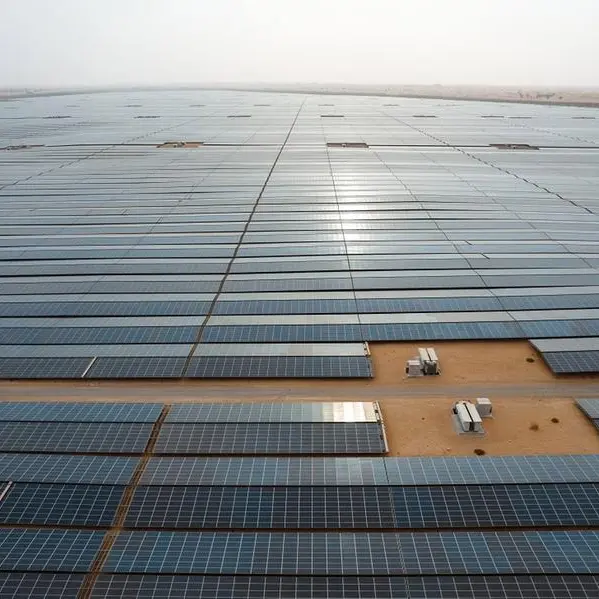PHOTO
SINGAPORE - China's economy is recovering from a trough hit in the second quarter, with oil demand expected to rebound next year as Beijing eases COVID-19 restrictions, senior Chinese refining executives said on Wednesday.
The recovery will come on the back of an expected contraction in oil demand in the world's biggest energy consumer in 2022, the first in two decades, as China's zero-COVID policy ravaged its economy and restricted movements.
"This year we have seen the decline of imports of crude oil, first time in many, many years in China," Chen Hongbing, deputy general manager at Rongsheng Petrochemical, told a forum at the 38th Annual Asia Pacific Petroleum Conference (APPEC).
"We have seen output of gasoline and jet fuel is down but the output for diesel is actually up and demand is still healthy," he said, adding that China's diesel inventories are currently low.
Beijing is expected roll out more measures to shore up its economy, with a focus on reviving consumption and boosting investment, while easing strict measures to contain the spread of COVID-19 infections.
"We look at high frequency data like airlines bookings, road congestion, consumption, and we see a little better activity in China," Wu Qiunan, chief economist at PetroChina International said, pointing to better demand growth in the fourth quarter versus the third.
Easing mobility restrictions could lift gasoline consumption next year although strong electric vehicle (EV) sales, which hit 6 million units in the first eight months this year, will affect growth in the motor fuel, he added.
"That's a big replacement of gasoline consumption," he said, adding this may lower gasoline demand growth even as consumption is expected to recover when China eases COVID-19 restrictions.
Both executives also expect jet fuel to recover with aviation demand.
However, the recovery in aviation fuel demand may take longer than other fuels because of difficulties in international travel, Rongsheng's Chen said.
As for fuel exports, the executives said export economics will determine the volume of oil products Chinese refiners ship abroad.
"Even if the government says (refiners) can have the quota to export, they will wait and see when to export, when is the right time," PetroChina's Wu said.
Chinese refiners are expecting Beijing to release up to 15 million tonnes worth of oil product export quotas for the rest of the year to support sagging exports in the world's second-largest economy.
For petrochemical production, China has also become more competitive than Europe due to lower feedstock and energy costs, Sun Xin, director of China's privately-owned Shenghong Petrochemical said.
China's production costs for ethylene, a basic building block for plastics, are lower than Europe's by $1,200-$1,300 per tonne, he added.
(Additional reporting by Emily Chow and Florence Tan; Editing by Jacqueline Wong)





















